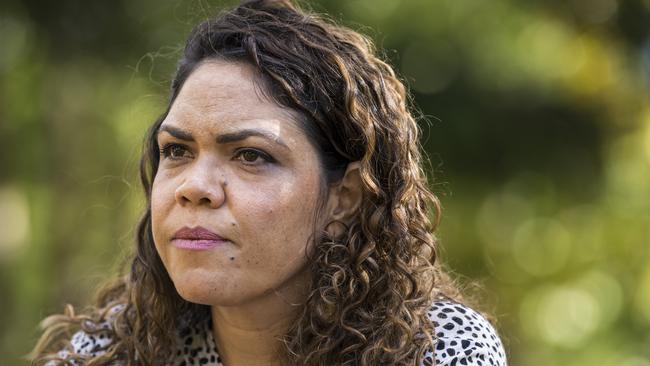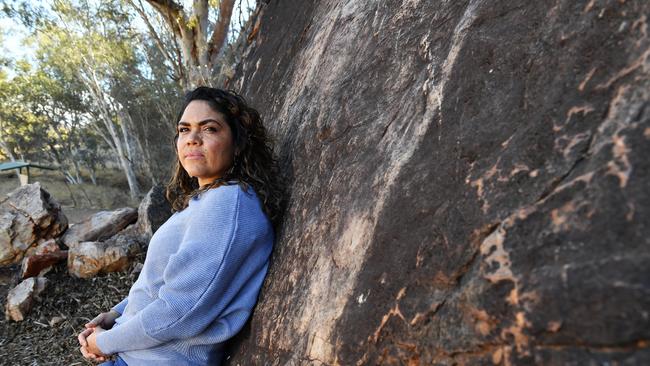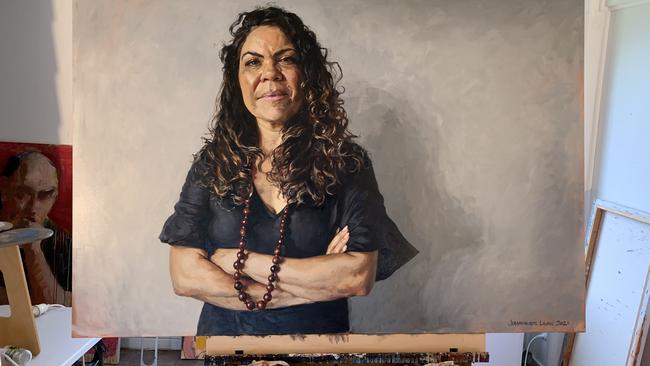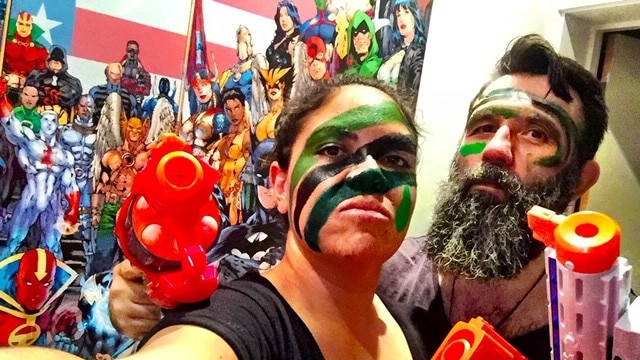
Given there are only 151 seats in the House of Representatives and 76 in the Senate, and the current full ministry includes 42 members, then pretty much anyone elected to the federal parliament needs to be a frontbench contender.
If you or your supporters do not believe you have the talent, drive and capability to achieve, and successfully run, a ministry, then we might wonder what you are doing there. Sure, plenty will fall short, for all kinds of reasons, but surely no one deserves to be there, at least in a safe seat, if such a job is beyond their aspirations or capabilities.
We can broadly categorise politicians into four types. But there is a catch in this informal taxonomy.
The local mayor type – or “good local member” – know their patch and the grassroots issues, developing a strong local following that is particularly important in holding marginal seats.
The policy wonks are the politicians who do the intellectual work, getting on top of issues, consulting, and writing up ideas and programs to help their party and, hopefully, the country.
The factional player or powerbroker is the politician who works their internal organisation assiduously to make sure the right people and policies have the numbers in various forums.
Finally, there are those we hear most from, the pollies who articulate and advocate their party’s positions, craving and demanding media attention, exposing their opponents relentlessly in public debate – the political warriors.

The catch to all this is that it is not good enough to be just one type. The ideal politician is made up of all four talents; these are not four options so much as four prerequisites for real leadership and success. If politicians are described primarily as belonging to any of the first three categories, it is really a way of saying they are weak in the other areas, and that they duck the challenge of public advocacy.
Political parties do not always select their representatives well. We keep hearing the slogan about how selections must be made on merit, but it does not always work out that way; too often the least important attribute to the public – the mastery of party machinations – is the deciding factor.
What parties most often lack, especially on the right of centre, are political warriors. Think of a Paul Keating and Bob Hawke – how many Labor politicians were elected and re-elected because of the barbs and bruises they were prepared to accept in public debate, and the work they put in to muster an armoury of arguments.
Think also of John Howard who, along with Peter Costello, Alexander Downer, Peter Reith, Tony Abbott and Philip Ruddock, was prepared to take on the carefully choreographed antipathy of the Canberra press gallery, the taxpayer-funded broadcasters and the labour movement, day after day for more than a decade.
Having worked for Downer for more than five years I learned the art of this relentless combat – it requires enormous stamina, attention to detail and courage. But the rewards are great.
Apart from winning and maintaining power, and enabling politicians to implement their agenda, this combative drive also drags a lot of others along for the ride. There are many politicians who do not lift their weight or risk the scars of battle – they are passengers in victories (and then, infuriatingly, often play to the gallery by criticising the apparently hard-nosed positions of the hardened advocates who got them there).
While there is a lot of talk about female quotas (and given politics is supposed to be representative, and given gender is the only physical difference that should matter in a practical and political sense, and given women have been under-represented, a female quota can work, even though it should not be necessary) the more pressing conversation ought to be about the quality of candidates.
Above all else, political parties need advocates – political warriors – preferably with real world experience. No political party is travelling so well it can afford to reject such people and no sitting member should be so protected that contenders should not be able to mount fair and open challenges at preselection; with normal provisos against branch-stacking or factional coups, open challenges to sitting members need to be encouraged, lest the gene pool stagnate while waiting for politicians to retire.
Politics should be the domain of the hungry.
Later this month a crucial preselection contest will be fought in the Northern Territory, where the two senate spots, understandably, have been split consistently over the past 50 years: one Labor, and one Country Liberal Party. The sitting Coalition senator, Sam McMahon, who only took the spot in 2019 when Nigel Scullion retired, has internal challengers.
One of them, Jacinta Price, is someone I have come to know well (declaration: I count her as a friend) as she has become prominent in Territory and national political debates over the past half a dozen years or so. Price ran for the CLP in the Labor-held seat of Lingiari in 2019.
Lingiari covers most of the Territory and sitting ALP member Warren Snowdon, who has sat in the House of Representatives for all but two of the past 34 years, saw off Price’s challenge. He will retire at the next election but given the seat has been held by Labor for the 20 years of its existence, it is a tough one for the Coalition to win.

No doubt if Scullion had announced his intention to retire earlier, Price would have nominated for his Senate spot rather than Lingiari. Still, she fought the good fight on the ground in 2019 and now has nominated as the most likely alternative to McMahon for a Senate spot that is safe enough to provide the foundation for a significant career.
Price is deputy mayor of Alice Springs and heads the Indigenous research program at the Centre for Independent Studies. She has spoken widely through the media and on public speaking tours, about the need to tackle grassroots problems in Indigenous communities, such as domestic violence, sexual assault and drug abuse, as precursors to addressing other crucial challenges, such as improving education outcomes and employment opportunities.
Where others talk symbolism, Price talks practical outcomes; where others talk from a position of idealism, often from a distance, Price talks about realism. She is someone who has experienced domestic violence herself, and seen too many kin suffer violence, die too early, and fall by the wayside.
I am not aware that anyone has any particular gripe against Senator McMahon. She is a vet from Katherine who has worked across a range of jobs in the Territory and knows it well, but in Canberra and the national debate she has not troubled the scorers.
Price, on the other hand, already has shifted the thinking of Coalition MPs in Canberra, forcing them to consider the hard choices in Indigenous affairs. On her national speaking tour she has drawn fire from the ABC, taken them on, and won, after they, astonishingly, unleashed racist attacks on her for daring to air her own ideas about overcoming Aboriginal disadvantage.
McMahon’s supporters are portraying Price as the Liberal Party interloper against the Nationals incumbent. But both are CLP members and, if she wins, Price has made clear she will sit in whichever party room the CLP decides.
It seems incongruous that Nationals heavyweights like Barnaby Joyce, Bridget McKenzie and Matt Canavan should dictate from NSW, Victoria and Queensland who the CLP should choose for the Territory’s Senate spot. The CLP should select whoever it thinks can contribute most for the Territory, and perhaps aspire to a place on the frontbench.
The Price family is strong and diverse, full of Celtic fire and Warlpiri dreaming. Jacinta’s mother Bess served in a CLP Territory government and her father, David, is like a political cornerman, at once supporting his strong wife and daughter in their political battles while marvelling at their tenacity. Jacinta’s husband Colin Lillie, a Scottish musician who got a career lift from a stellar turn on The Voice, is supportive and happy to play the backing track when it comes to politics.

The couple have four sons between them who are also branching out in a family seemingly destined to test its range. The family copes with the slings and arrows through shared bonds of music, sport and cultural traditions and, without necessarily agreeing on everything, being committed to the goal of better results, especially for Indigenous Australians.
The racism of lower expectations will not be embraced, ever, by the Price clan, and neither should it weaken our national aspirations.
Price has courage, confidence, and conviction. A privileged seat in parliament should never be a gift to anyone, they are a prize to be contested, but I, for one, am excited by what Price might one day bring from the heart of the nation to the nation’s capital.






Politics is a ruthless business, yet even with the limited number of seats in federal parliament, many of them are wasted.